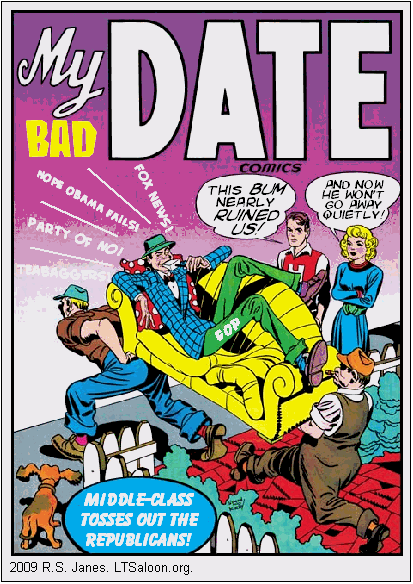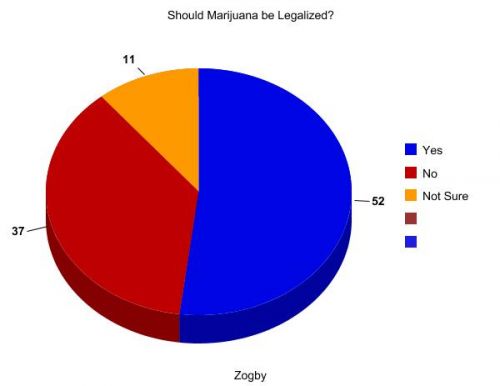
Joking aside, Seeger is to be commended for a lifetime committed to folk music and political activism, which, as Springsteen put it, made him "a stealth dagger through the heart of our country's illusions about itself".
The thing about Seeger is that he already seemed old in the pop boom of the Sixties. He famously threatened to take an axe to the sound cables during Bob Dylan's performance at the 1965 Newport Folk convention, when Dylan horrified the purists by performing with an electric band. How quaint the controversy seems now, when both artists are considered venerable statesmen of antiquated music, rock and roll being almost as crusty as folk. Yet still, apparently, capable of topping the charts.
Dylan's first number-one album in 40 years received much comment in the news. And certainly we should celebrate the continued creative vitality of the greatest lyrical singer-songwriter of our times, but let's not get too carried away.
As CD sales collapse and musical activity migrates towards the internet, it is middle-aged consumers romantically attached to the notion of the long playing record as a cohesive work of art who are keeping the album alive. Bob Dylan fans, in other words.
 American soldiers serving in Vietnam wondered what they were fighting for. U.S. troops in Afghanistan don't have that problem. They know exactly what they're fighting for: rapists.
American soldiers serving in Vietnam wondered what they were fighting for. U.S. troops in Afghanistan don't have that problem. They know exactly what they're fighting for: rapists. Forty-eight-year-old Susan Boyle is stirring up the nation on Britain's Got Talent. Bob Dylan, 67, is at number one in the album charts. And making them both look like spring chickens, 90-year-old Pete Seeger celebrated his birthday this week with a concert at Madison Square Garden, where he was joined for renditions of classic hits including If I Had a Hammer and Where Have All the Flowers Gone by Bruce Springsteen (59) and John Mellencamp (58). Isn't it about time these oldies stopped hogging the limelight? Young people can sing too, you know.
Forty-eight-year-old Susan Boyle is stirring up the nation on Britain's Got Talent. Bob Dylan, 67, is at number one in the album charts. And making them both look like spring chickens, 90-year-old Pete Seeger celebrated his birthday this week with a concert at Madison Square Garden, where he was joined for renditions of classic hits including If I Had a Hammer and Where Have All the Flowers Gone by Bruce Springsteen (59) and John Mellencamp (58). Isn't it about time these oldies stopped hogging the limelight? Young people can sing too, you know. 



 The village of Creel was the site of narco-killings in broad daylight that shocked Mexico's conscience last year, but the Tarahumara Indians' subjugation to the cartels extends to even the most remote corners of their rugged lands, reports Yemeli Ortega. (Photo: ThierryB / Flickr)
The village of Creel was the site of narco-killings in broad daylight that shocked Mexico's conscience last year, but the Tarahumara Indians' subjugation to the cartels extends to even the most remote corners of their rugged lands, reports Yemeli Ortega. (Photo: ThierryB / Flickr)


 "It's a huge change," says Harvard University professor Robert Putnam, who conducted the research.
"It's a huge change," says Harvard University professor Robert Putnam, who conducted the research. 